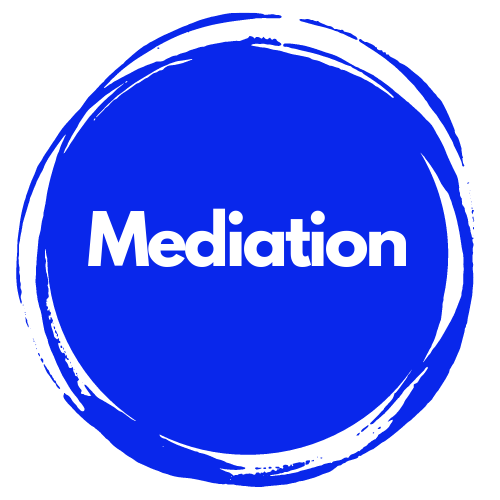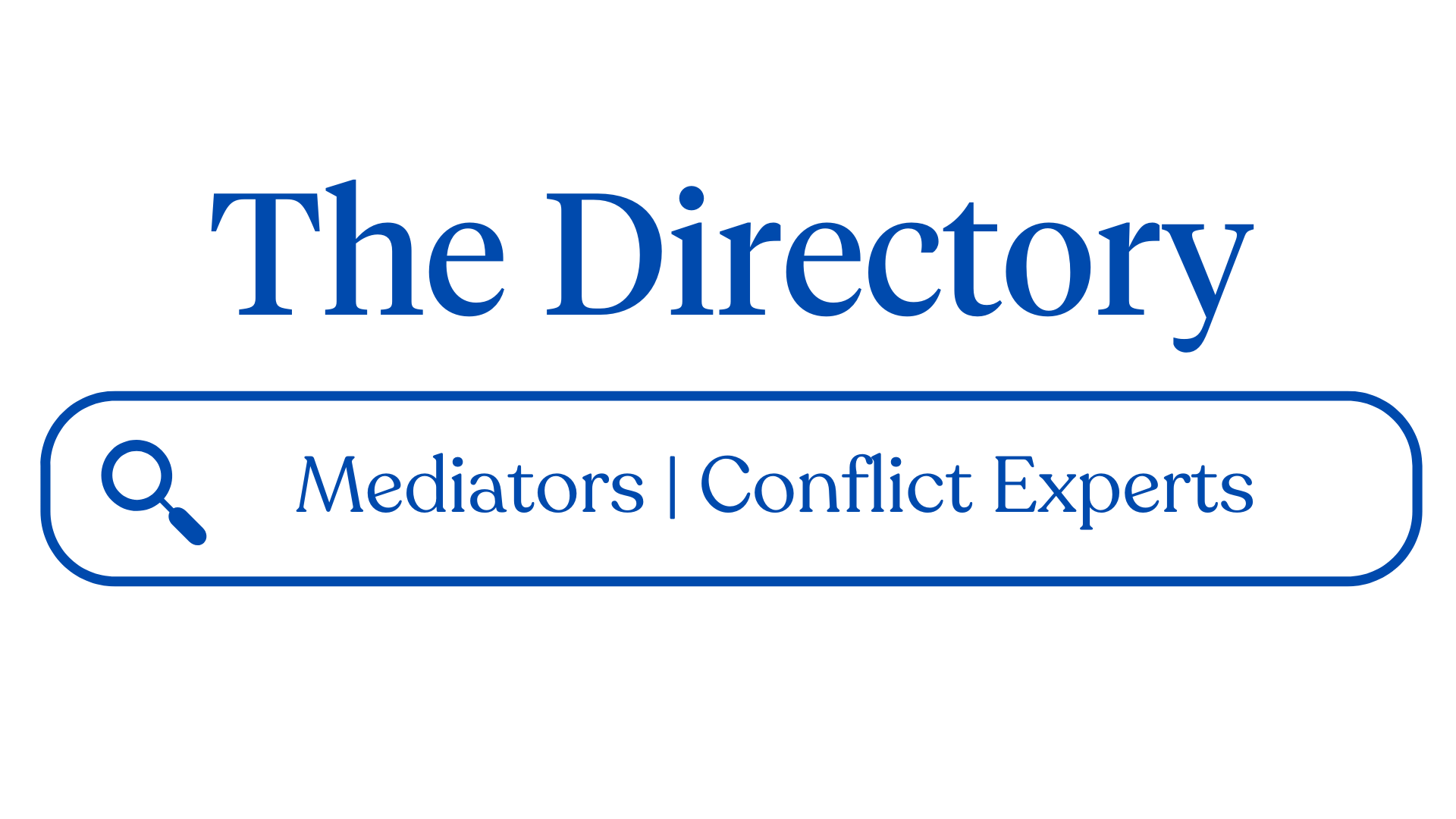Mediation Services
What is Mediation?
Find out what mediation is and how it can help you
Mediation is a structured process in which a neutral third-party mediator facilitates negotiation between disputing parties to reach a mutually satisfactory agreement. Unlike court proceedings, mediation is confidential and tailored to the specific needs of the involved parties.
Common Questions about Mediation
Is mediation right for my matter?
In short, most likely!
If you’re dealing with commercial, workplace, or international disputes, mediation may be the right path for you. It is particularly effective when parties seek a speedy resolution and wish to maintain or rebuild their relationship post-dispute.


What are the benefits of using Mediation?
Here are some of the key reasons clients use mediation:
- Confidential Negotiations: Mediation ensures that all discussions remain private, safeguarding sensitive business information.
- International Expertise: Our team brings extensive experience in handling cross-border disputes, making us ideal for international clients.
- Time Efficiency: Resolve disputes faster than through traditional litigation, minimizing disruption to your business operations.
- Flexible Formats: Choose between online or in-person mediation to suit your convenience and schedule.
What makes a successful mediation?
The success of mediation largely depends on:
- Willingness to Negotiate: Parties should be open to dialogue and willing to consider alternative solutions.
- Clear Communication: Effective communication strategies help clarify misunderstandings and foster cooperative problem-solving.
- Expert Facilitation: A skilled mediator can guide discussions, helping parties focus on interests rather than positions.
What makes a successful Mediator?
Choosing the right mediator is crucial. Look for:
- Experience and Expertise in the relevant industry or field.
- Impartiality and Neutrality to ensure fair treatment of all parties.
- Strong Communication Skills to facilitate clear and productive discussions.
- Cultural Sensitivity when dealing with international clients to respect and understand diverse perspectives.
Let's arrange a call and explore if Gordon is the right fit for your matter.





